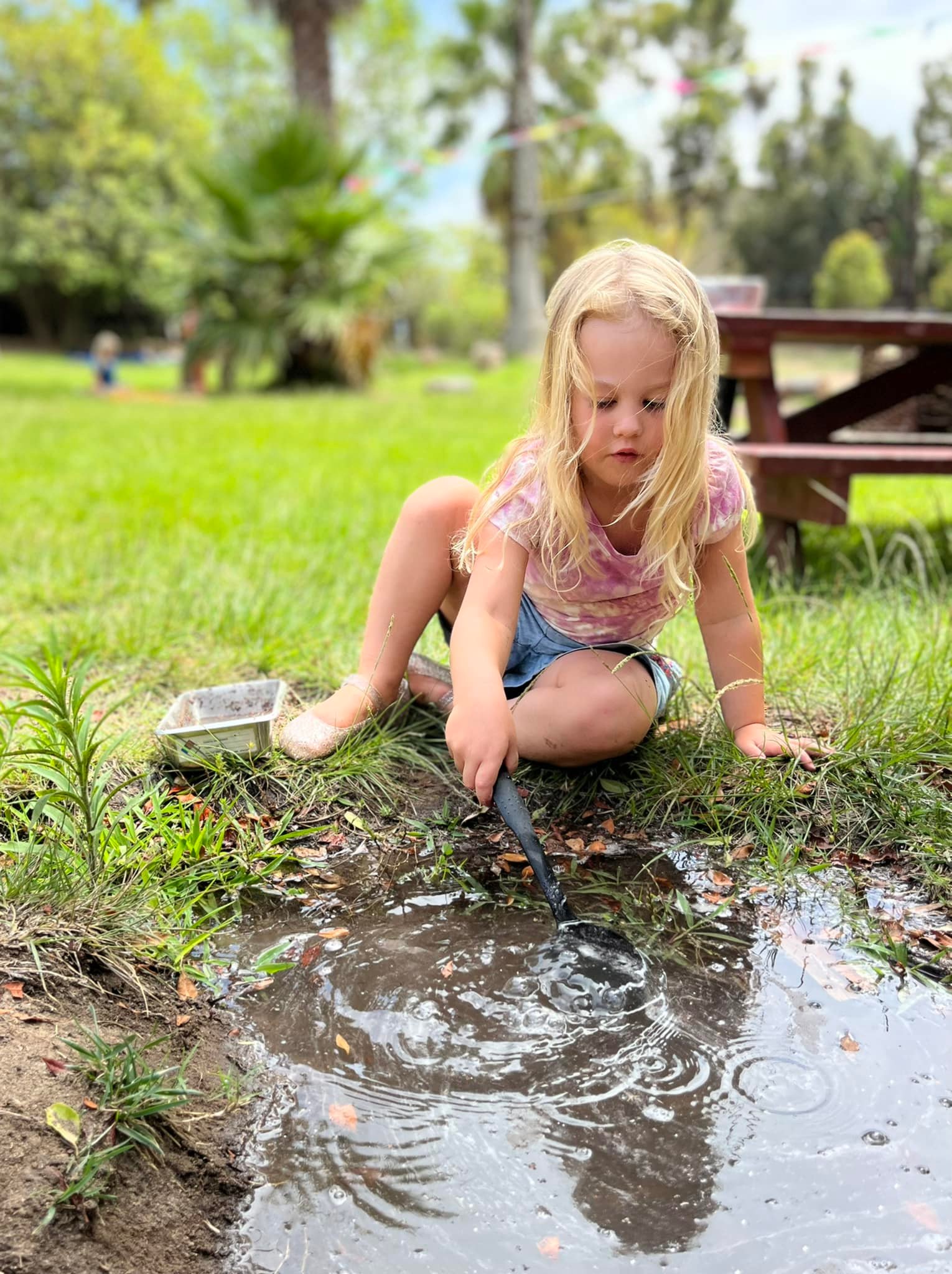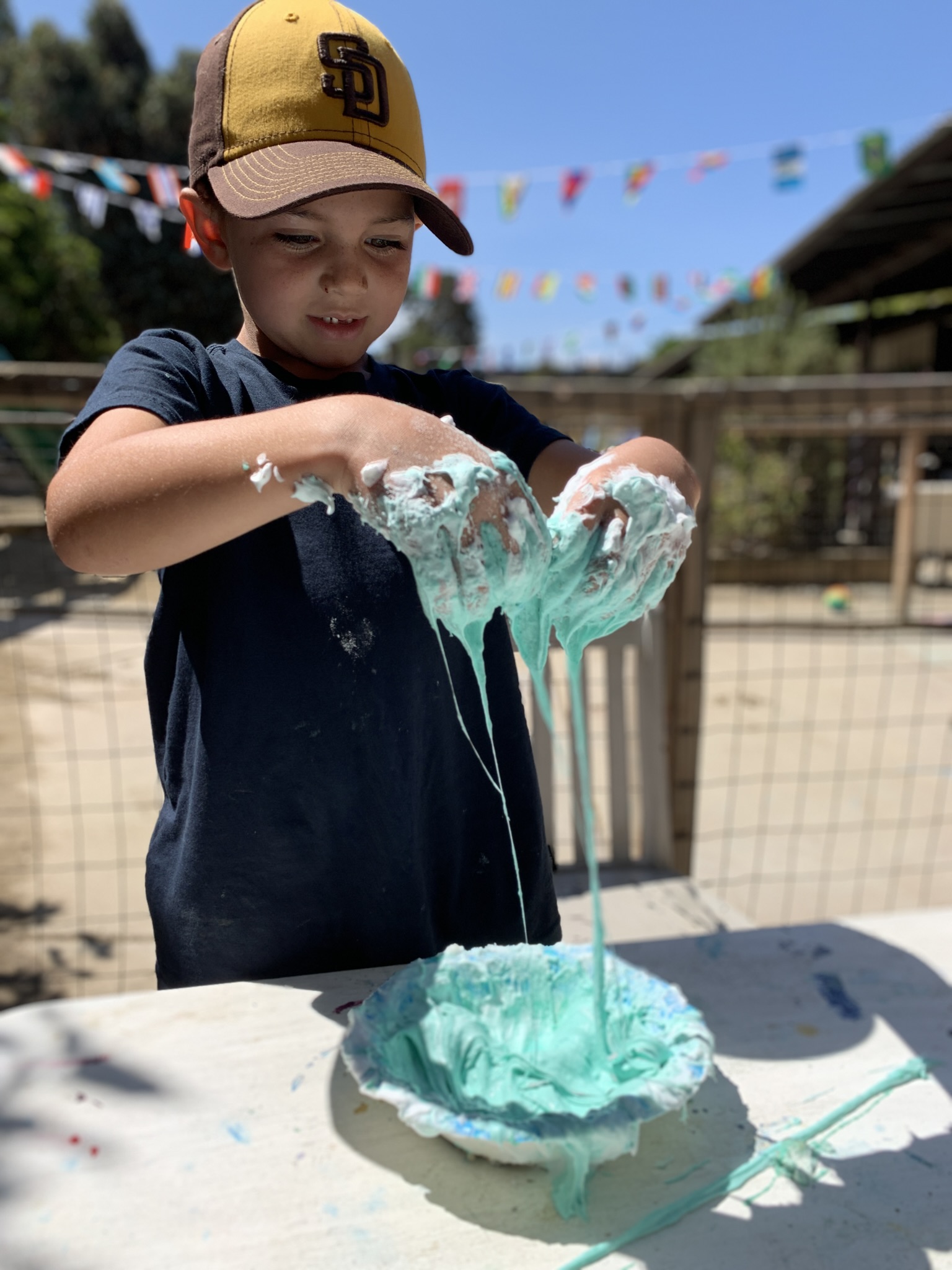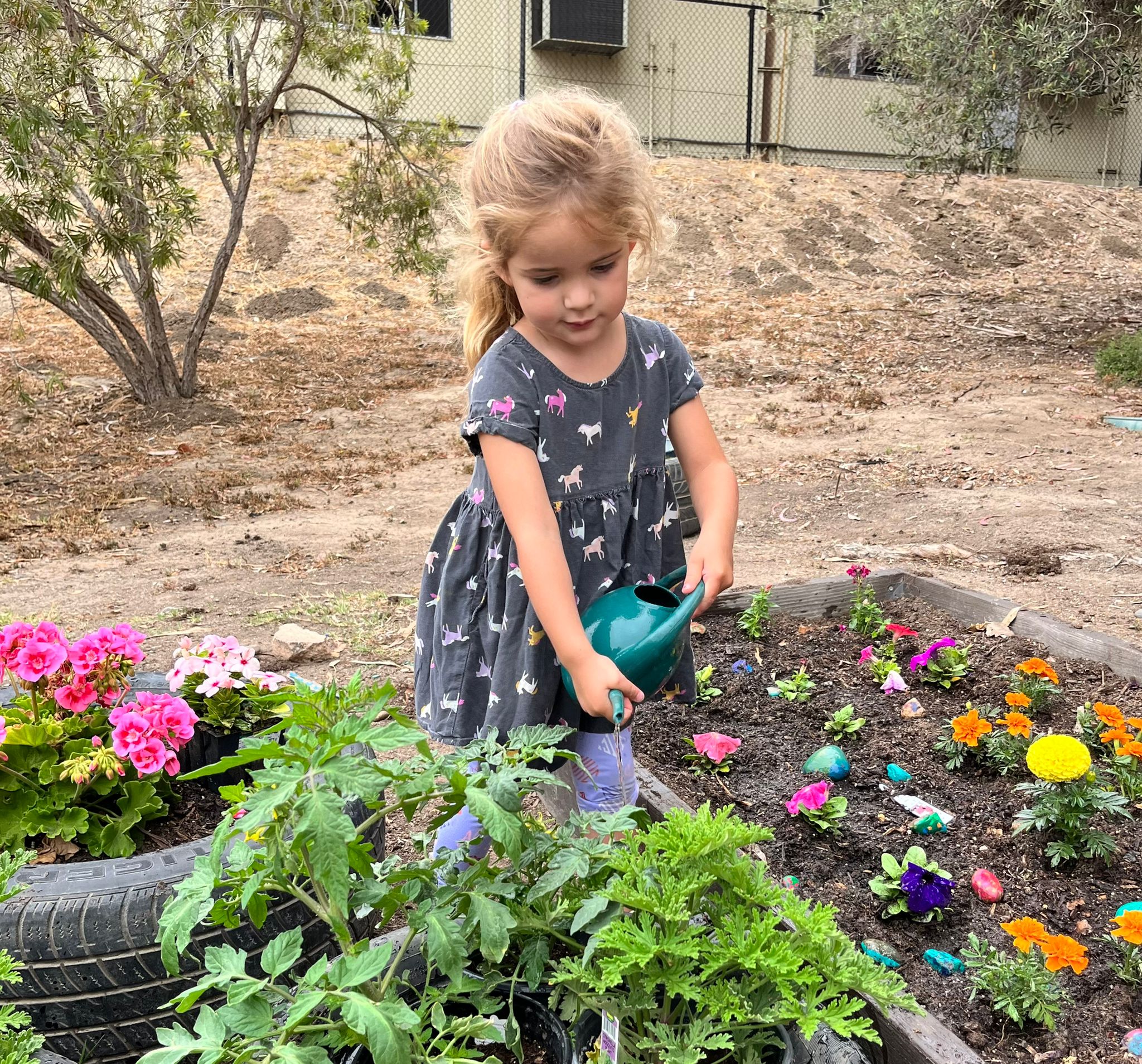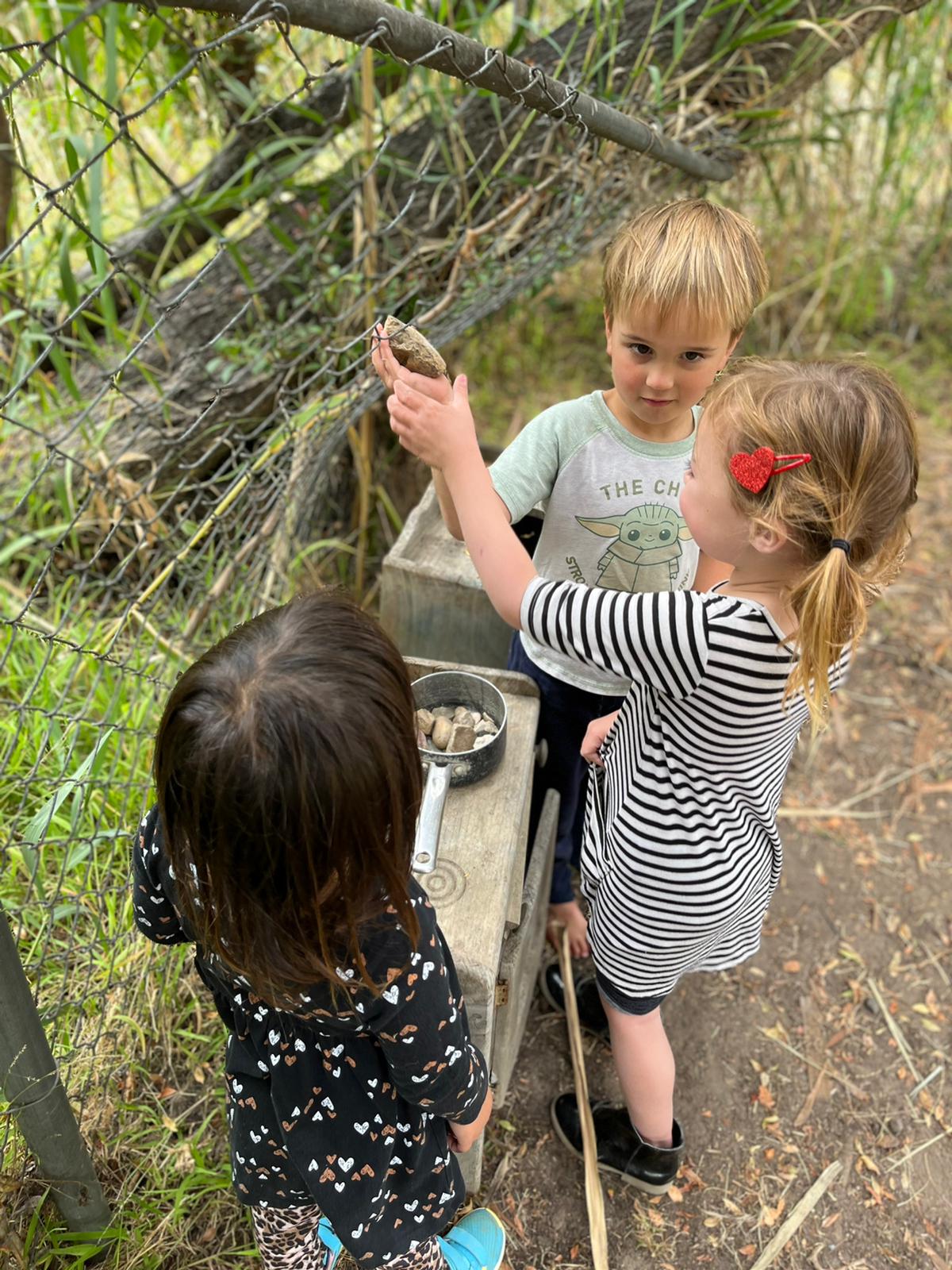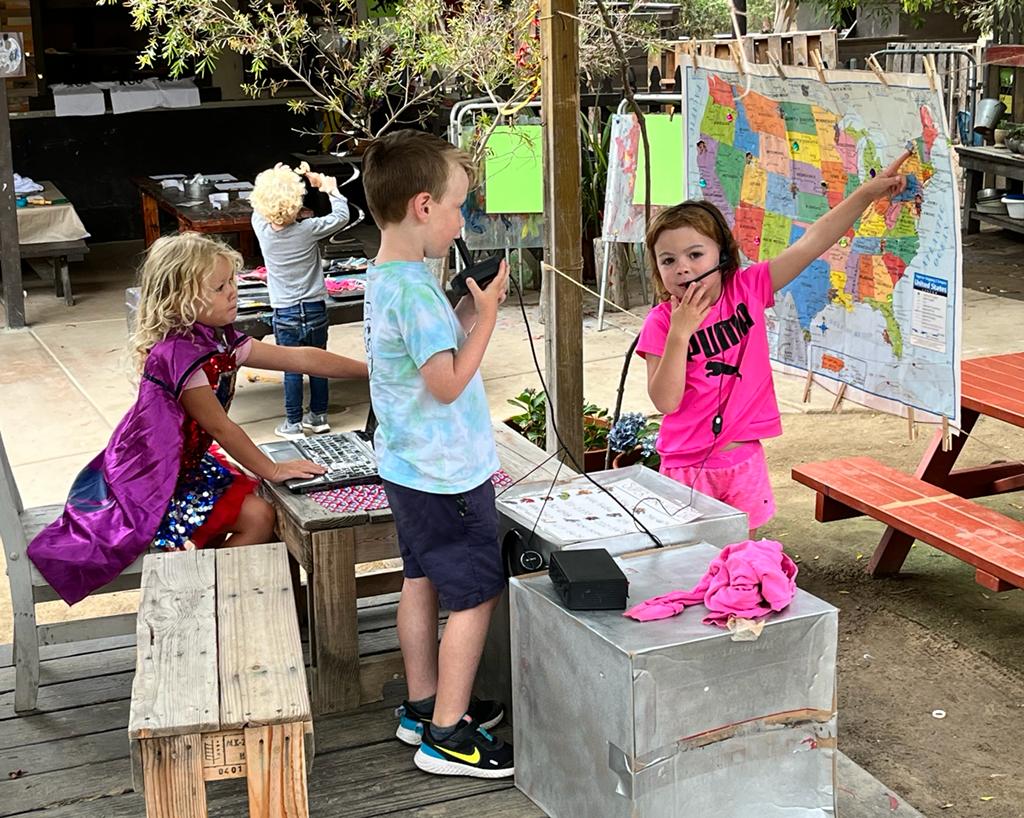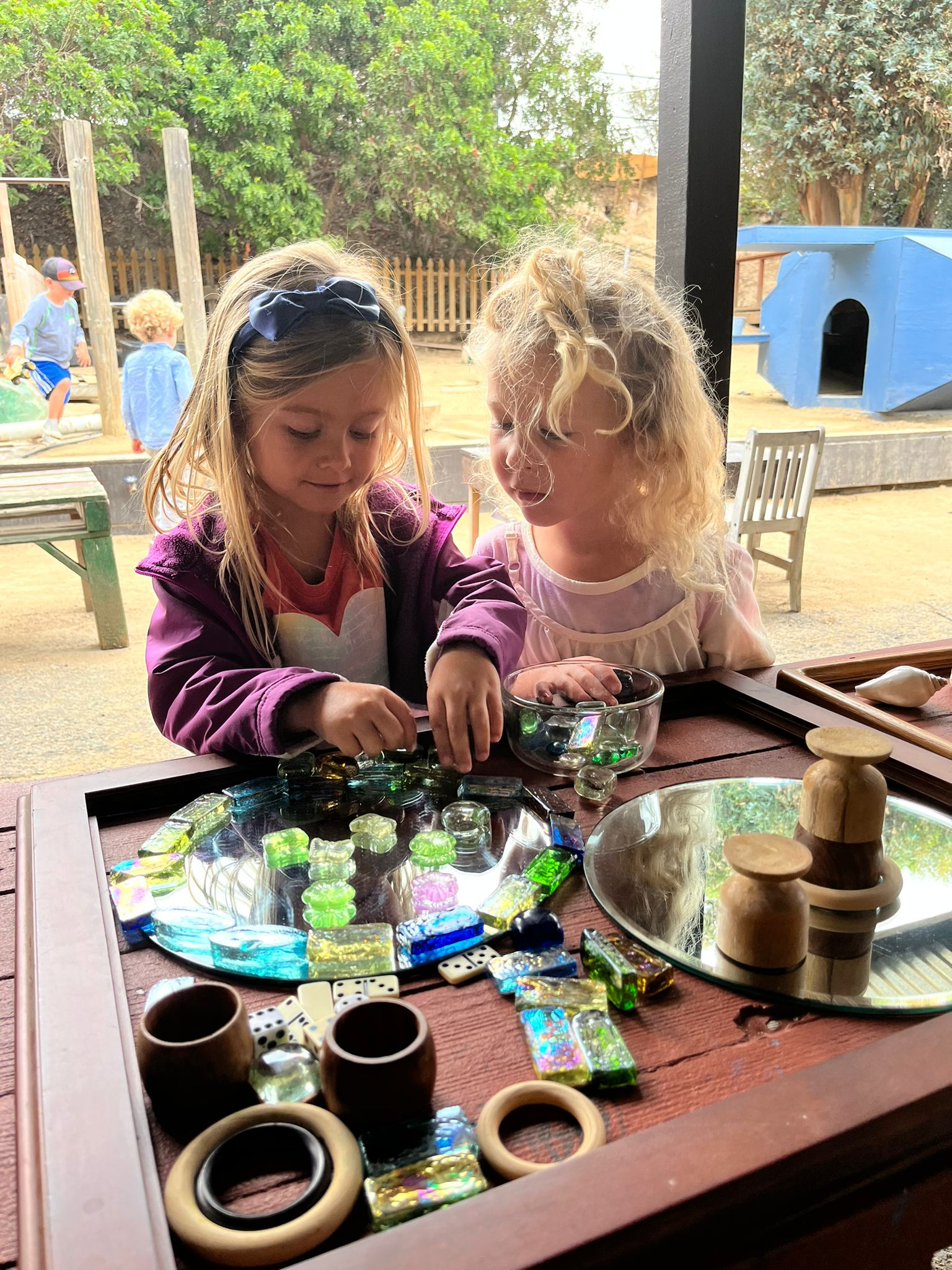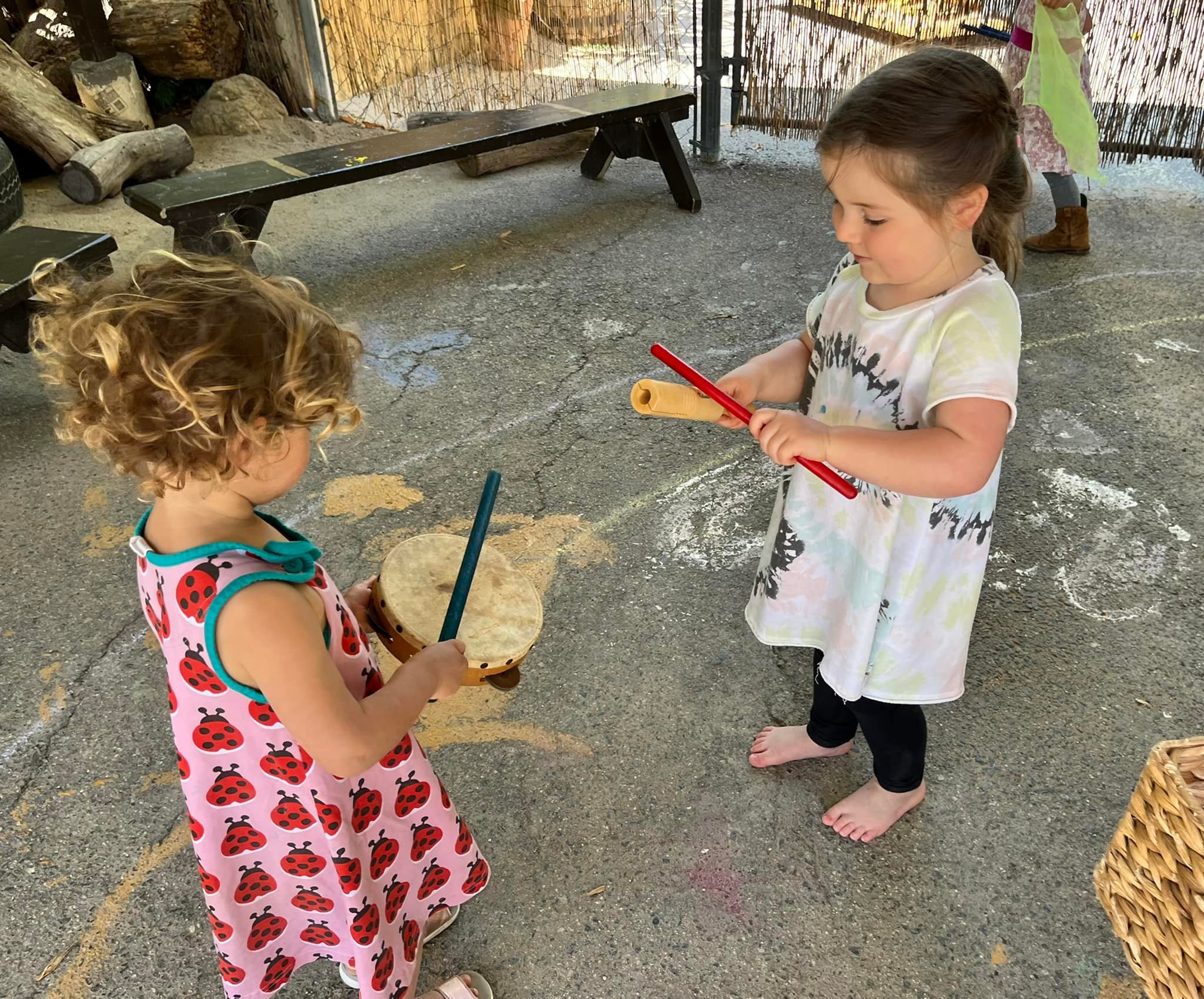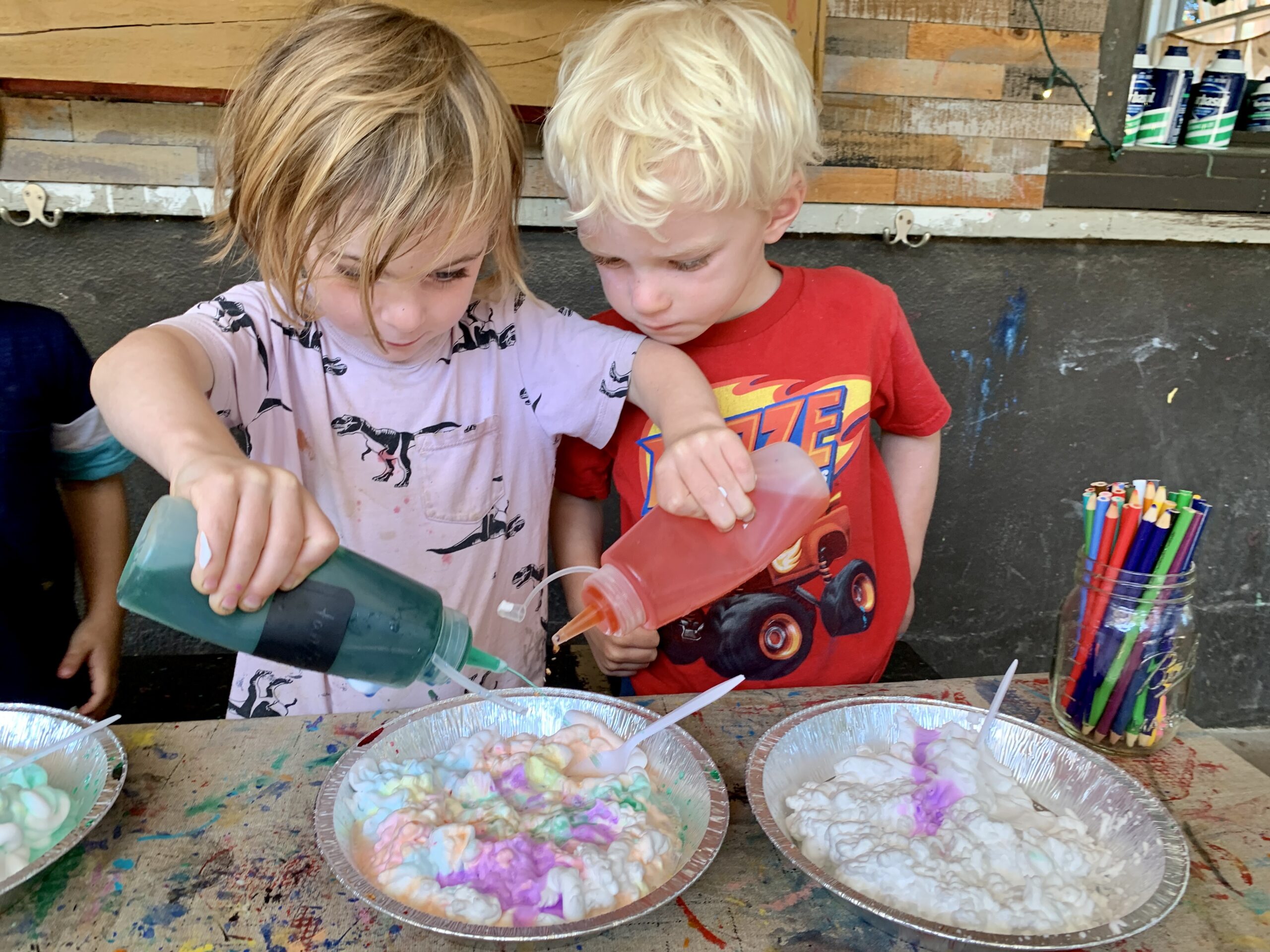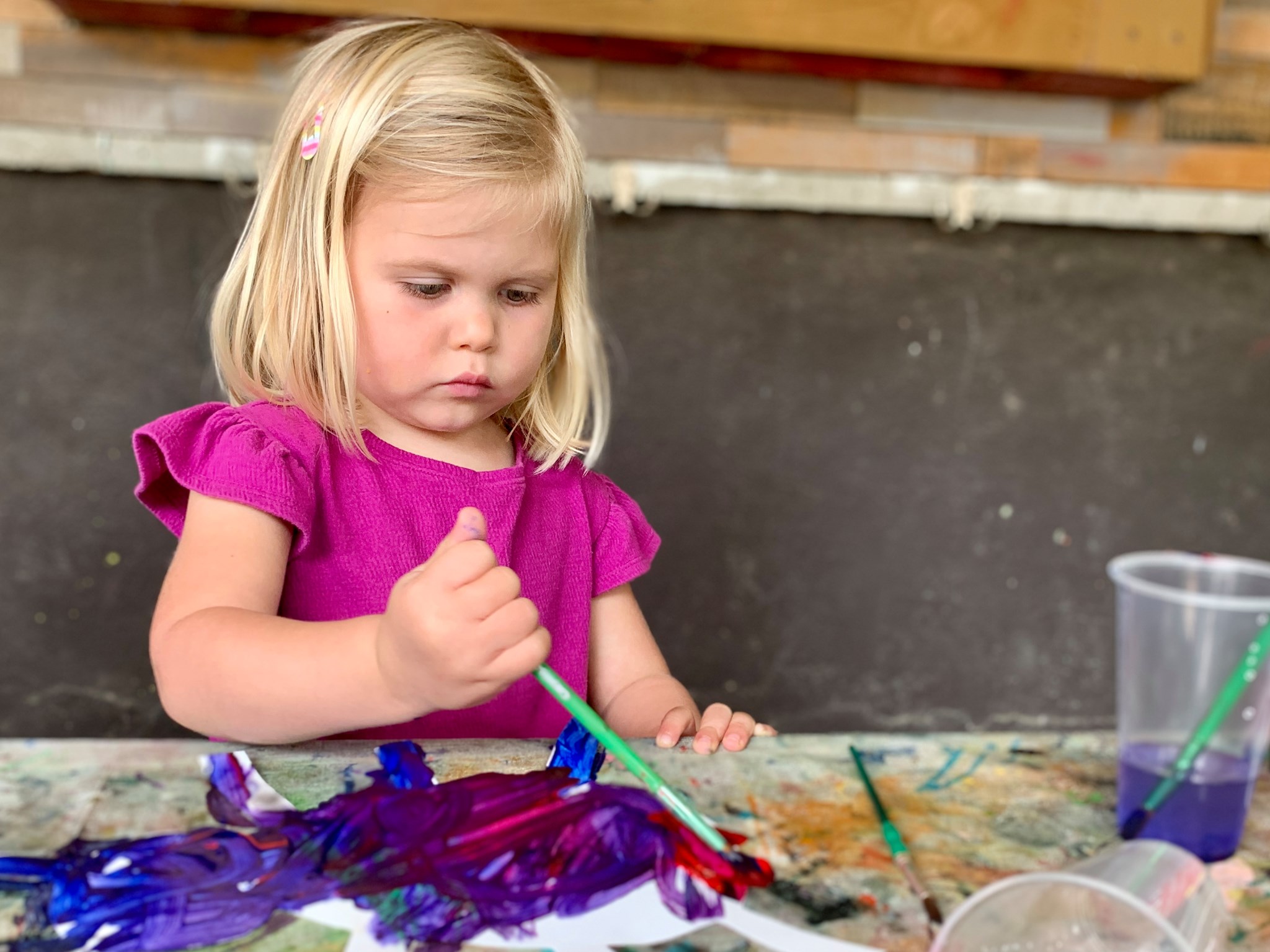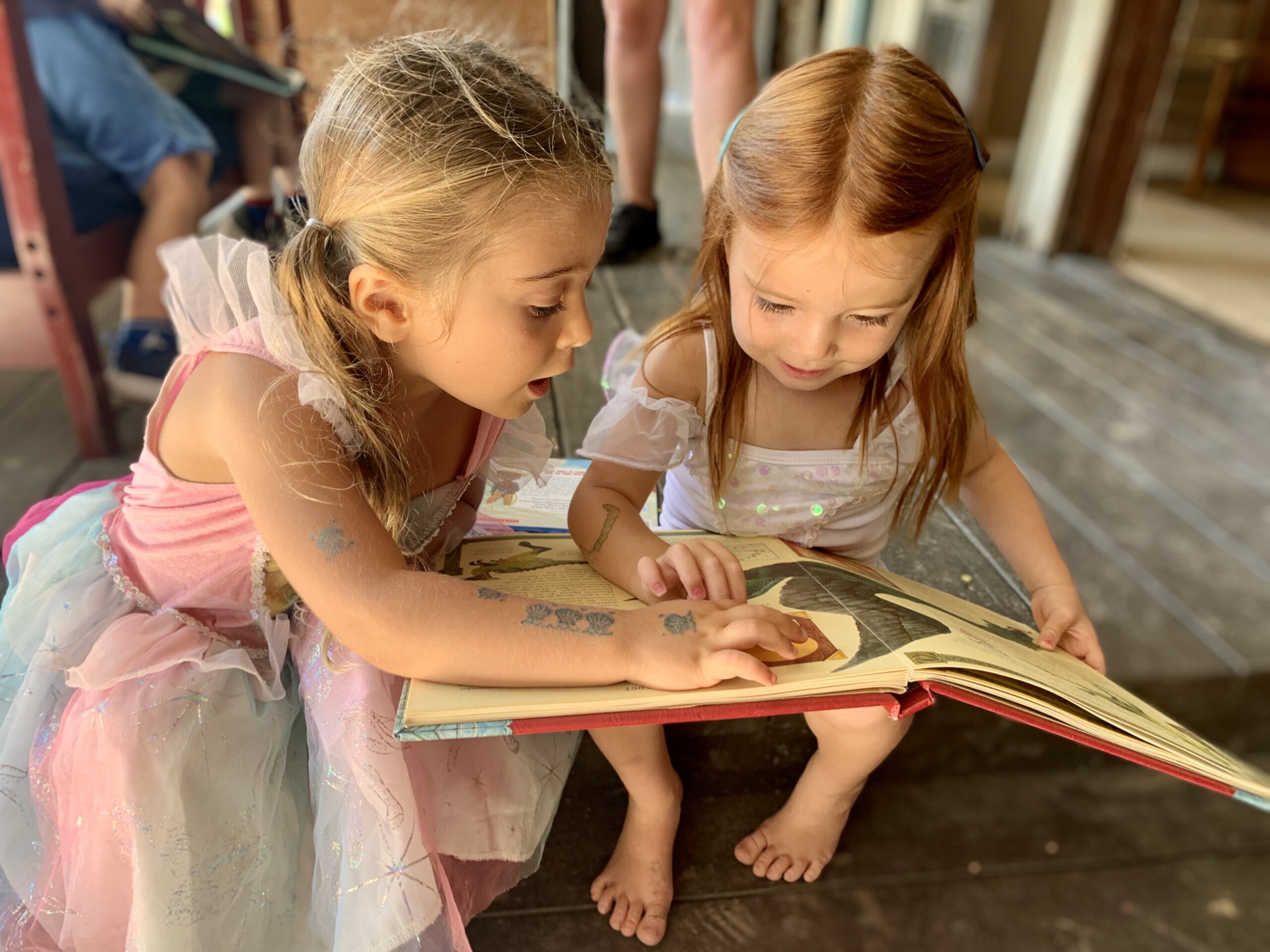Programs
Half Day and Full Day Programs
A Children’s Garden Preschool operates on the following schedules serving ages 2-5. Children do not need to be potty trained to attend.
- Monday through Friday
- Monday-Wednesday-Friday
- Tuesday-Thursday
Half day: 8:30 am-12:00 pm
Full day: 8:00 am- 2:30-3:00 pm
Daily Routine
For the first part of each morning, our children are able to choose where they would like to play, who they would like to play with, and in what activity they will do. This open setting provides children with some control over their school day, supporting socialization and a sense of well-being. Children thrive when they have opportunities every day to make choices in their learning.
For the second part of each morning, children participate in group activities with their peers in our outdoor classrooms.
Outdoor classrooms
All areas are set up with developmentally appropriate materials to encourage social, emotional, creative, cognitive, and physical development.
- DRAMATIC PLAY: Communication, connection, problem-solving
Dramatic play allows kids to act out scenarios they’ve seen or heard in real life, giving them an important emotional outlet. Dramatic play encourages children to resolve conflict, consider alternative perspectives and recognize the various roles and responsibilities individuals have in our society.
- LOOSE PARTS: Concentration, hand-eye coordination, engineering
The outdoor classroom is always filled with rocks, sticks, and natural blocks. The materials can be moved, carried, combined, redesigned, lined up, and taken apart and put back together in multiple ways. Open-ended materials, environments, and experiences encourage problem-solving and curiosity.
- MUSIC AND MOVEMENT: Self-expression, speech development, body awareness
Music and Movement help the body and mind work together. Exposing children to music during early development helps them learn the sounds and meanings of words. Dancing to music helps children build motor skills while allowing them to practice self-expression.
Speech and music have a number of shared processing systems. Musical experiences which enhance processing can, therefore, impact on the perception of language which in turn impacts on learning to read.
- SCIENCE: Collaboration, analytical, perseverance
Young children are naturally inquisitive, full of questions about the world around them and the drive to investigate how things work. It follows, therefore, that we should take advantage of this innate curiosity and start channeling their enthusiasm for scientific discovery as early on as possible.
- ART STUDIO: Creativity, expression of feelings, neural connections
Through process art children can relax, focus, feel successful and express their feelings. Children will develop fine motor skills through glue, paint, clay, and collage. Process art is child-directed, choice-driven, and celebrates the experience of discovery. In process art, the final product is always unique and the focus lies in the creation of the work, not the outcome. Some days you may not have any artwork that comes at all.
- LEARNING and WRITING: Communication, new ideas, exposure to letters, numbers
At the heart of learning time is our journal work. Free writing and drawing are important for young children. Writing and drawing are ways to communicate our thoughts and ideas on paper. The thoughts and ideas that children communicate on paper are usually in the form of drawing in the very beginning, and they gradually progress to include writing.
After rotations, children come together again for community gathering.
Community Gathering
- During our gathering, teachers and children participate in storytelling, music, and dance.
Half Programs Pick Up
Community Lunch
Outdoor Activities, Story Time, Rest time
Full Day Program Pick Up
